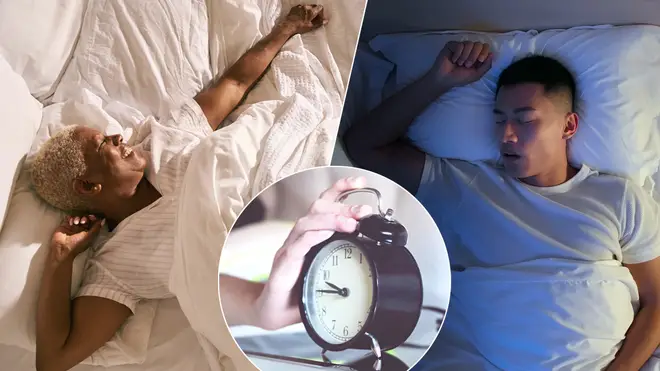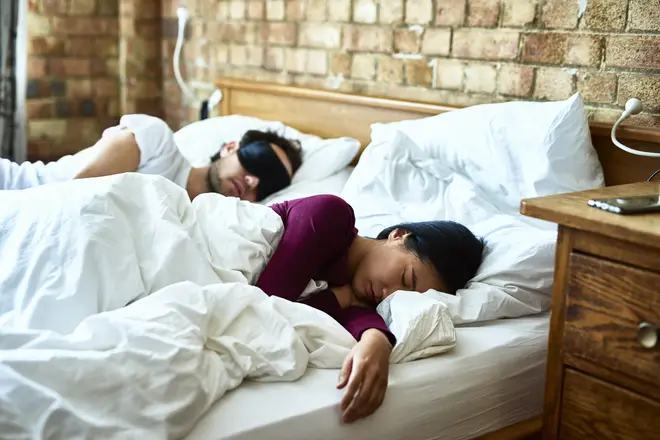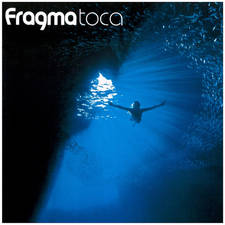Secret military technique could help you to fall asleep in two minutes
4 February 2021, 10:58 | Updated: 4 February 2021, 10:59

You might be able to get to sleep in a matter of seconds with this tactical army hack.
After a very stressful year, it’s no surprise that most of us are finding it harder to get to sleep.
According to a study by King’s College London carried out during the first lockdown, half the population (50%) said their sleep has been more disturbed than usual.
Meanwhile, two in five (39%) claimed they’ve actually slept fewer hours a night on average compared with before the lockdown, despite spending more time indoors.
But if you are struggling to nod off on demand lately, an old military technique may just help you slumber.

The trick is used by the US army and was published in the book Relax and Win: Championship Performance all the way back in 1981.
Read More: Dr Alex George appointed mental health ambassador following death of brother Llŷr
So, how does the technique work? Well, you just have to follow these simple steps to relax your whole body before going to sleep:
1. Relax the muscles in your face, including tongue, jaw and the muscles around the eyes.
2. Drop your shoulders as far down as they'll go, followed by your upper and lower arm, one side at a time.
3. Breathe out, relaxing your chest followed by your legs, starting from the thighs and working down.

Stacey Solomon builds an indoor beach after ordering too much sand
After following these steps, you should spend ten seconds trying to clear your mind before thinking about one of the three following images:
- You're lying in a canoe on a calm lake with nothing but a clear blue sky above you.
- You're lying in a black velvet hammock in a pitch-black room.
- You say "don't think, don't think, don't think" to yourself over and over for about 10 seconds.
With those in the army often having to sleep on the floor and in very dangerous places, it means we’ve all got a good chance of drifting off using these steps too.
And the technique is said to work for 96% of people who use it after six weeks of practice.
But the US army has since published a disclaimer for the method, saying ‘there’s no magical formula’ for getting some good shut eye.
They add: “The bottom line when it comes to getting restful sleep is doing what works for you.”
The NHS currently recommends the average person needs around eight hours of sleep every night to function properly.


































